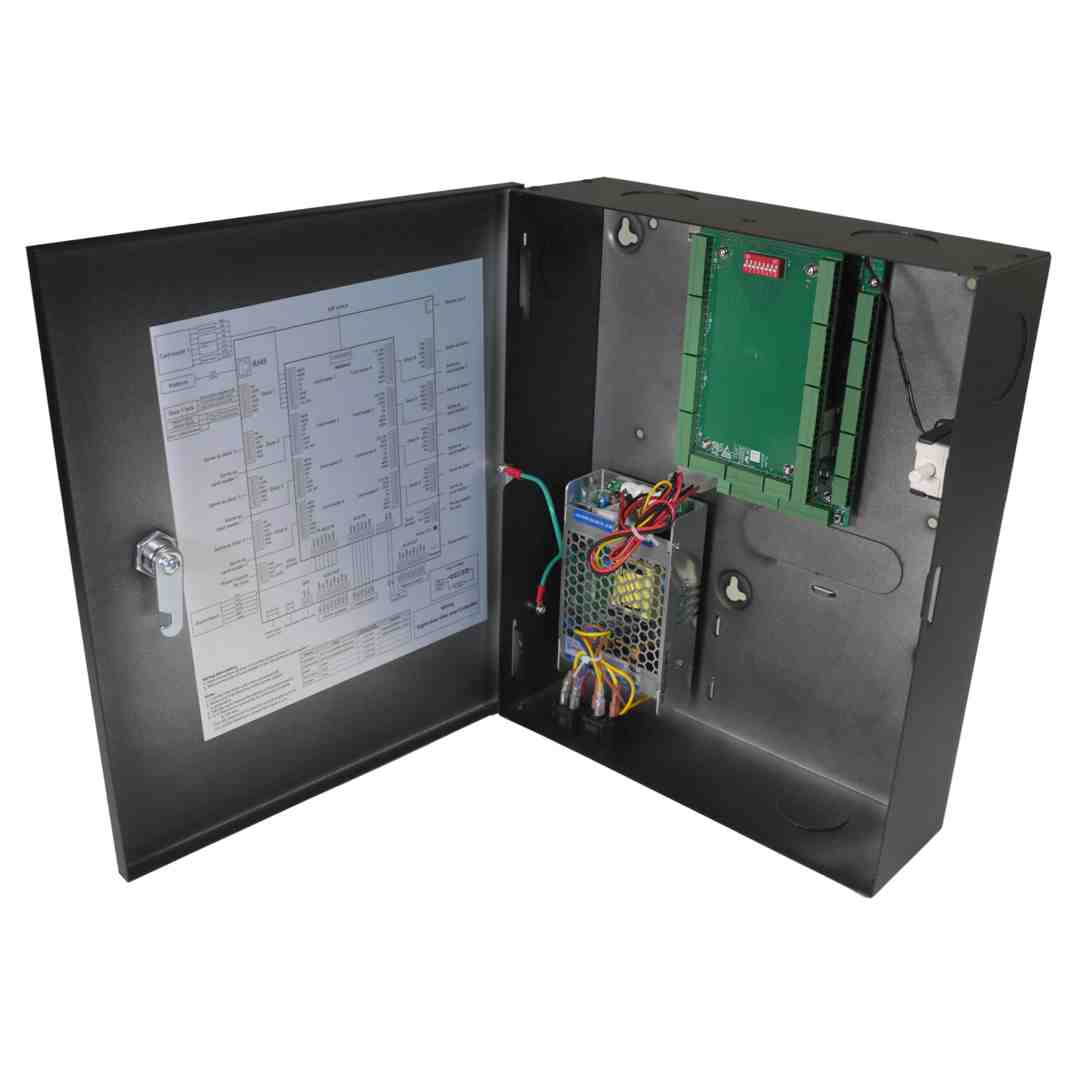
[vc_section][vc_row][vc_column][vc_column_text]Do cops need a warrant to collect security camera footage? The question of whether police need a warrant to collect security camera footage largely depends on the circumstances and location of the cameras. Here’s a detailed look at the legal framework and considerations:[/vc_column_text][/vc_column][/vc_row][vc_row][vc_column][vc_column_text]
[/vc_column_text][/vc_column][/vc_row][vc_row][vc_column][vc_separator][/vc_column][/vc_row][/vc_section][vc_section][vc_row][vc_column][vc_column_text]
[/vc_column_text][/vc_column][/vc_row][vc_row][vc_column]



No, police do not always need a warrant. They can access footage from public spaces without a warrant, and property owners can voluntarily share footage. However, for private properties, a warrant is generally required.
Police generally need consent or a legal order to take footage from private properties. Without consent or a warrant, they cannot forcibly take the footage.
You can choose to voluntarily share the footage or request a warrant or subpoena if you are not comfortable providing it without legal documentation.
Yes, exceptions include public spaces where there is no expectation of privacy and exigent circumstances where immediate action is necessary to prevent harm.
Failing to comply with a legitimate subpoena or court order could lead to legal consequences, including fines or other penalties.[/vc_column_text][vc_separator][/vc_column][/vc_row][/vc_section][vc_section][vc_row][vc_column][vc_column_text]
[/vc_column_text][/vc_column][/vc_row][vc_row][vc_column]

Copyright © 2014-2025 SecurityCameraKing.com, All rights reserved
Privacy Policy | Shipping Info | Return Policy | Terms & Conditions